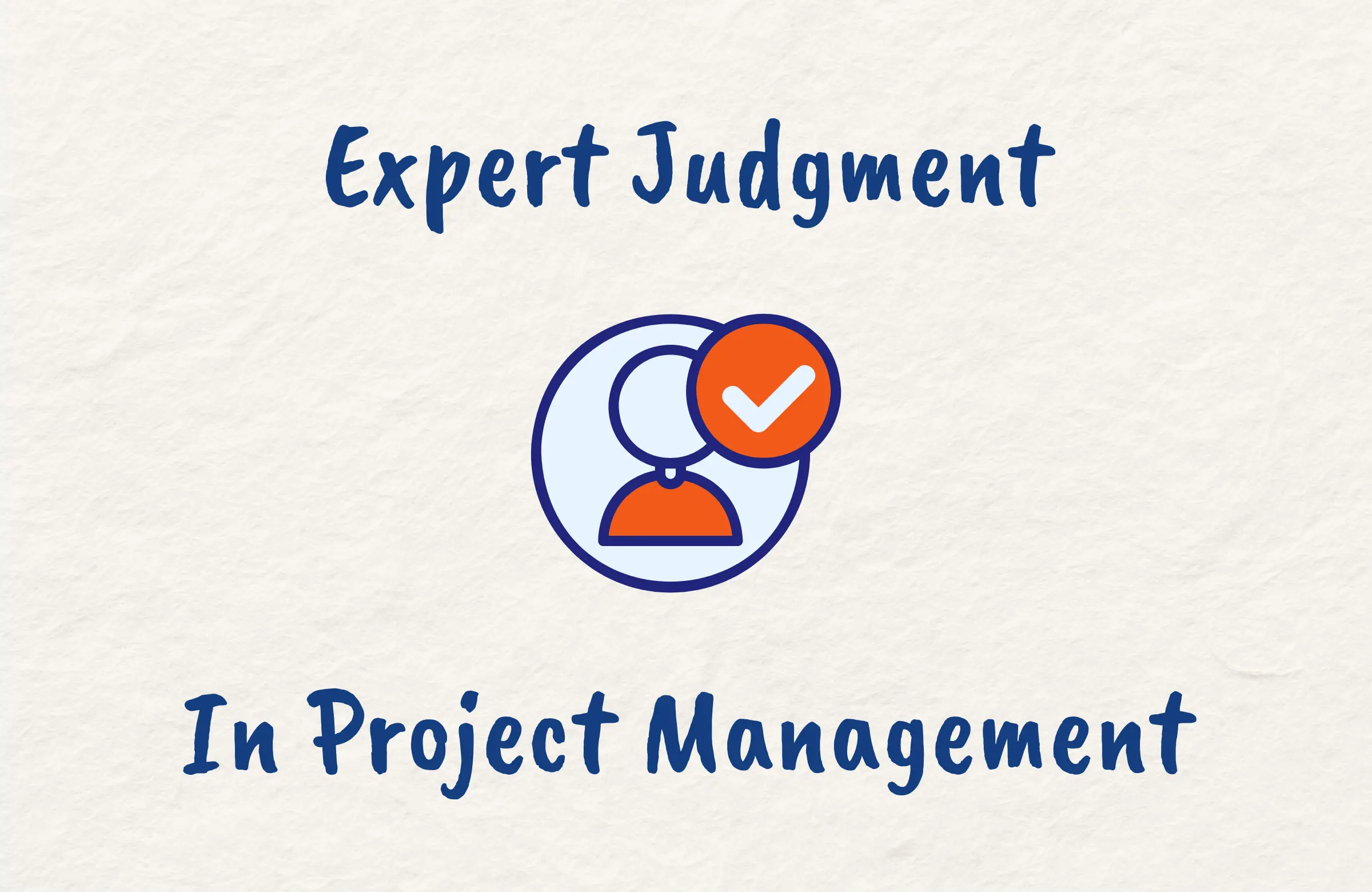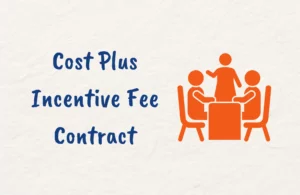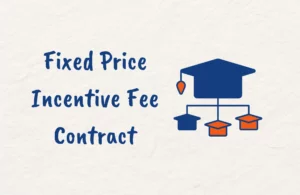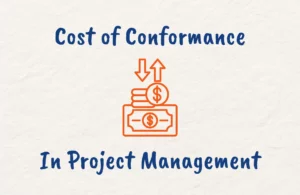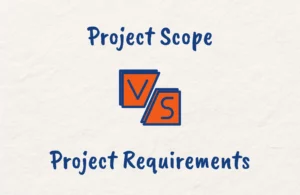When managing projects, you’ll often need to make critical decisions without having complete information or the required knowledge. That’s where expert judgment comes in.
Expert judgment refers to relying on knowledgeable specialists to provide informed opinions on key project factors like timelines, costs, and risks.
In this post, we’ll explore common expert judgment techniques used in project management. You’ll learn when to leverage subject matter experts to supplement your own expertise.
We’ll also discuss the advantages and disadvantages of using expert judgment so you can apply it effectively. For PMP candidates, this is one of the most common techniques used in the project management processes so a core knowledge of it is essential for the exam.
What is Expert Judgment in Project Management?
Expert judgment is the practice of consulting specialists who have deep knowledge or extensive experience in a specific field or industry. While you may rely on your expertise to plan and execute projects you can’t be an expert in every aspect of a complex project. This is where leveraging expert judgment helps.
Expert judgment involves seeking out guidance from subject matter experts to make informed decisions about your project. These experts provide specialized insights and forecasts to account for uncertainty and assist with planning and risk management.
For example, you may consult a scheduling expert to help develop realistic time estimates for project tasks, or an experienced developer to determine technical requirements for a new software project.
The key characteristic of expert judgment is that it comes from an authoritative source. Experts may be part of your project team, organization staff in other departments, external consultants, or industry advisors. When selecting experts, look for specialists with applicable skills, proven track records, and relevant experience.
The Project Management Institute (PMI) considers expert judgment to be so vital that their PMBOK Guide recommends it as a technique for every process. Leveraging outside expertise can enhance your project management capabilities.
However, it should complement rather than replace your own technical knowledge and leadership skills. Used appropriately, expert judgment can lead to more accurate planning and informed decision-making.
Expert Judgment Techniques
You can use several structured techniques to obtain expert judgment for your projects; the right technique depends on your objectives, constraints, and experts’ preferences. Leverage multiple techniques to get well-rounded assessments from your experts.
Some expert judgment techniques include:
Delphi Technique
The Delphi technique helps eliminate biases that can affect individual expert opinions. It involves conducting multiple rounds of anonymous questioning to achieve consensus among experts.
You present your experts with questionnaires about the project, collect their responses, and share the group results after each round. Experts can adjust their answers based on others’ insights. Over several iterations, the collective feedback will converge toward an aligned forecast.
Expert Elicitation
With expert elicitation, you assemble a panel of experts from diverse backgrounds. Through facilitated discussion and analysis, they weigh in on issues like project risks and arrive at a single consensus view. This provides aggregated expertise to account for gaps in available data.
Workshops
You can conduct focused workshops with chosen experts to brainstorm ideas and solutions. Well-defined agendas and skilled moderation of workshops can help derive valuable insights from experts.
Surveys
Surveys with targeted questions are an easy way to gather expert opinions. Online survey tools allow you to quickly disseminate questions and analyze aggregated responses.
Interviews
One-on-one expert interviews let you have in-depth conversations to gather details. Prepare specific questions in advance to make the most of your experts’ time.
Why Use Expert Judgment in Project Management?
Having established that no single person can be a specialist in every discipline involved in a complex project, here are reasons why leveraging outside expertise through expert judgment becomes critical.
Supplement Knowledge Gaps
Expert judgment fills existing knowledge gaps as no project manager can possibly master all technical intricacies or market variables impacting their projects.
Bolster Estimating
Experts provide experience-based insights to enhance predictions for timelines, budget needs, resource requirements, and feasibility.
Identify Hidden Risks
Experts spot risks and make connections you may miss given their specialized vantage points honed over years in the field.
Solve Complex Problems
Experts analyze alternatives more deeply when facing complicated or ambiguous decisions where data is limited. Their guidance gives you confidence in your choices.
Drive Innovation
Experts motivate new thinking and approaches that give your project a competitive edge through efficiency gains or impact improvements.
When to Use Expert Judgment in Project Management
When managing projects, you should leverage outside expertise at specific points when additional knowledge and perspective can improve outcomes.
Here are some scenarios when you should use expert judgment in project management:
During Planning and Estimating
Consult relevant experts early when planning your project’s scope, schedule, budget, and resources as their specialized skills help develop realistic estimates even with limited baseline information. Expert insights identify probable risks, assumptions, and opportunities.
For Complex Decision Making
Involve experts when you face complicated decisions with many variables, unknowns, or high uncertainty. An expert can objectively analyze the alternatives and provide data-driven recommendations.
For Risk and Opportunity Assessments
Experts help accurately identify and prioritize potential threats, suggest mitigation plans, and estimate contingency reserves. Their experience spotlights risks you may overlook, and they also propose ways to maximize opportunities.
When Innovating
Industry or technical experts suggest innovations, best practices, and the latest advances to give your project a competitive edge as their depth of expertise brings fresh approaches.
For Third-Party Evaluations
Independent experts lend credibility with objective assessments of your project deliverables, processes, and performance trends. Stakeholders value unbiased third-party evaluations.
How to Use Expert Judgment in Project Management
Using expert judgment in project management effectively requires carefully managing the process to get quality results. Follow these best practices:
Identify Needs
First, determine where you need expert input. Define the specific questions or issues experts should address, and avoid vague, open-ended requests.
Select Experts
Next, choose experts with directly relevant experience and credentials. Seek specialists from diverse backgrounds to get rounded perspectives. Consider both internal subject matter experts and external consultants or advisors.
Define the Scope
Clearly explain what input you need and set expectations upfront. Share key project details and past analyses to provide context. Provide access to documents experts can reference. Define the goals, level of detail, and output format.
Use Structured Techniques
Leverage proven expert judgment techniques like Delphi, surveys, or interviews. Facilitate sessions to keep discussions focused, and follow up with additional questions to gain clarity.
Mitigate Biases
Watch for biases like overconfidence or anchoring that can skew an expert’s judgment. Gather independent opinions from multiple experts and seek objective facts and data to balance subjective views.
Document the Rationale
Experts should explain their reasoning, cite supporting data, and note any uncertainties. Well-documented judgments are more credible.
Integrate with Your Plans
Analyze expert input alongside your own assessments. Blend the external advice with your hands-on project knowledge before finalizing plans.
Track Accuracy
Monitor whether expert forecasts match actual results, then analyze variances to improve judgment processes.
How Can Expert Judgment Help in Decision Making?
Using expert judgment in project management can enhance your decision-making in several ways:
More Informed Decisions
Experts deeply analyze available data and historical trends that may influence decisions. Their experience spotlights factors you may overlook which allows you to make choices backed by greater insights.
Unbiased Perspectives
Experts coming from outside your project bring objective viewpoints unaffected by internal politics or preconceptions. This helps counteract cognitive biases that can skew your own judgment.
Confidence in Ambiguous Situations
When data is limited or outcomes uncertain, expert interpretation and advice provide reassurance for difficult judgment calls. Their expertise fills gaps in your knowledge.
Faster Decisions
Drawing on specialized skills and shortcuts honed over the years can help experts evaluate options and provide recommendations more rapidly. This accelerates decision-making.
Improved Alignment
Expert opinions often carry more weight with stakeholders. Securing expert buy-in for decisions helps align stakeholders and avoid future objections.
Advantages of Expert Judgement in Project Management
While not a silver bullet, judiciously applying expert judgment amplifies a project manager’s capabilities and enables superior project outcomes.
Leveraging expert judgment in project management offers several key advantages including:
More Accurate Estimates
Experts provide experience-based insights that improve predictions for timelines, costs, resource needs, and other unknowns. Their specialized knowledge enhances estimate quality.
Better Risk Management
Experts can identify a wider range of risks and assess probabilities and impacts more accurately. Their recommendations strengthen risk mitigation strategies.
Increased Innovation
Drawing from years of honed knowledge motivates experts to suggest innovative approaches that improve efficiency, impact, and competitive differentiation.
Enhanced Decision-Making
Experts deeply analyze data, detecting patterns and issues you may miss. Their objectivity counters personal biases which empowers you to make optimal choices.
Improved Stakeholder Alignment
Stakeholders often prioritize solutions endorsed by respected industry experts. Expert backing aligns stakeholders to support your plans.
Disadvantages of Expert Judgement in Project Management
While expert judgment has benefits, it also has some potential downsides to consider:
Time-Consuming
Identifying relevant experts, providing them with background, and collecting their input takes time. This delays making decisions and finalizing plans.
Costs
Hiring expert consultants involves fees. Even using internal experts means paying their time away from normal responsibilities.
Over-Reliance
Dependence on experts for most judgments can undermine your own leadership. As the project manager, the ultimate decisions are still yours.
Biased Opinions
Experts have their own biases and predispositions that may influence their guidance. Seeking diverse experts helps mitigate individual biases.
Oversimplification
Experts sometimes apply past experience too rigidly despite changing contexts which can lead to oversimplified or outdated recommendations.
Limited Accountability
External experts with no stake in the project outcomes may provide well-intended but impractical advice as the consequences do not impact them.
Conclusion
As we’ve explored in this article, expert judgment in project management serves an invaluable role. Tapping guidance from specialists allows you to plan realistically, manage risks, make complex decisions, and drive innovation.
However, expertise should complement rather than replace your leadership. So, stay actively involved in judgment processes as the project manager is ultimately accountable for the project’s success.
With sound expert judgment integrated into your existing skills, you can lead projects to greater success.
FAQs
What are the Risks of Using Expert Judgement as an Assessment Method?
The main risks of expert judgment for assessments are bias, subjectivity, and overconfidence leading to inaccurate predictions. Variability between experts and lack of supporting data can reduce reliability.
Costs and time to obtain expert input are also disadvantages. Triangulating multiple experts and methods improves objectivity.

